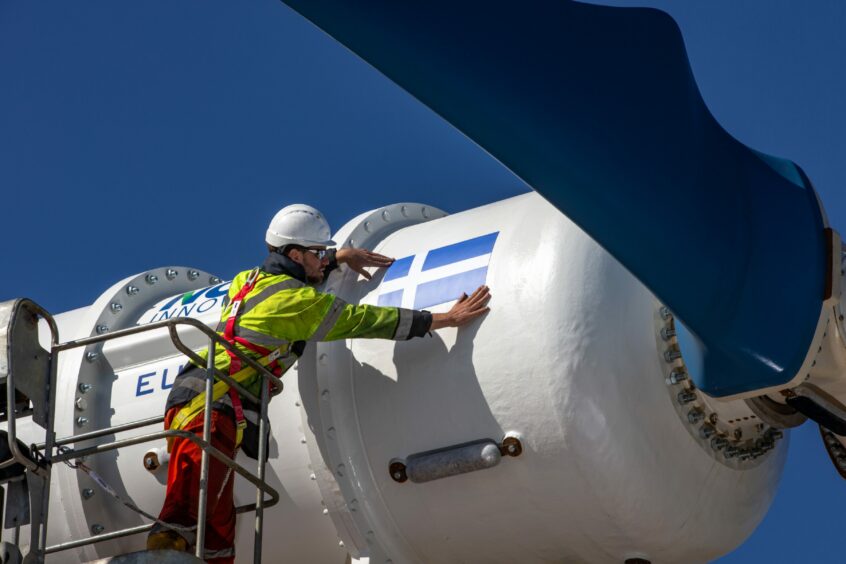
Renewable energy groups are calling for increased support from whichever party wins the general election, saying the next government will “decide whether the UK meets its net zero targets”.
Voters will head to the polls on 4th July in an election which looks most likely to see Labour leader Sir Keir Starmer become the next Prime Minister.
Energy is emerging as a key battleground in the campaigns of the two major parties, with the Labour party pledging significant funding to establish publicly-owned GB Energy.
Meanwhile, the Conservatives have made annual North Sea oil and gas licensing rounds a key part of their energy platform alongside measures to reduce electricity bills.
Amid warnings that any incoming government will have just 100 days to restore confidence to the North Sea energy sector and save 100,000 jobs, the UK renewable sector is also outlining key measures it wants to see following the election.
Renewable sectors outline election wants
The UK Marine Energy Council (MEC), which represents the wave and tidal energy sectors, said the UK has the potential to “lead the world” but is “at risk of being left behind” without policy changes.
The MEC outlined five policy areas it said would help the UK develop 30GW of untapped tidal stream and wave energy capacity, enough to provide over a third of the country’s electricity demand.
Meanwhile, the Association for Renewable Energy and Clean Technology (REA) has outlined its vision for the next government’s first 100 days in office.
The REA said it wants to see “clarity, ambition, and action” from the next administration to ensure the UK is “once more positioned as a global leader in the energy transition”.
The comments come as the Aberdeen Grampian Chamber of Commerce also warned the next government has 100 days to save thousands of jobs in the oil and gas sector.
Wave and tidal energy
MEC called on the next UK government to “seize this opportunity” and treble funding set aside to support tidal energy in the next allocation round.
In a statement, the MEC said the UK “has the maritime expertise and indigenous natural resource to lead the world in marine energy”.
It also called for the new government to set a target for 1GW of tidal and 300MW of wave energy for 2035.
Streamlining consenting for marine projects was also on the wish list, alongside further innovation support for the sector.
The MEC said the current £10m allocated to tidal stream projects in AR6 is projected to secure an additional 13MW of capacity.
Providing £30m could increase that figure to 40MW, which would “maintain momentum and industry growth whilst securing the UK’s international leadership position”.
“These projects are being delivered with over 80% UK supply chain content spend, creating green jobs in coastal communities and beyond,” the MEC said.
Meanwhile, the MEC said without a clear route to market and a supportive enabling environment, the UK wave energy sector is “at risk of being left behind”.
The MEC pointed to wave energy projects in Ireland, the US, Portugal, Israel and China which are moving closer to commercialisation, and said the UK should prioritise deployment of co-location projects with offshore wind.
Next government key to meeting net zero
Outlining its policy for the first 100 days of a new government, the REA said the next administration will “decide whether the UK meets its net zero targets”.
Covering key strategic areas including power and flexibility, transport, heating and cooling, the REA said its action plan sets out key policy areas which will have “immediate impact”.
Policy measures include establishing a rolling three-year-ahead timetable for CfD allocation rounds, creating an Office for Net Zero Deployment and a comprehensive programme for green jobs training among others.
REA chief executive officer Dr Nina Skorupska said its action plan would “galvanise the entire sector across multiple technologies”.
“It is no secret the UK’s status as global leader in Net Zero has been called into question,” Dr Skorupska said.
“We strongly urge the next government to implement the policy steps outlined in our First 100 Days action plan, if it is serious about putting the energy transition front and centre of the government’s legislative programme, and hitting important milestones such as decarbonising heat, transport energy demand, and the electricity system, and ensuring all biodegradable waste is sustainably recycled.”
UK voters back offshore wind
The call for increased support comes as new polling shows UK voters overwhelmingly support investment in renewable energy projects.
Commissioned by RenewableUK, the poll found 79% of voters want political parties to work together to create a consensus on maximising investment in clean power.
Support for renewables was spread across political parties, with 81% of Conservatives, 86% of Labour, 89% of Lib Dem, 82% of SNP and 69% of Reform voters in favour.
The release of the poll also coincided with RenewableUK publishing independent research which showed the lowest cost electricity system future governments could build by 2035 is one dominated by offshore wind.
The analysis by Aurora Energy Research for RenewableUK demonstrates that an electricity system which is dominated by offshore wind by 2035 is cheaper for billpayers than alternatives such as gas (with or without carbon capture and storage), or importing power from abroad via interconnectors.
RenewableUK chief executive Dan McGrail said the research shows shifting to an energy system dominated by offshore wind and renewables is “the best decision for billpayers”.
“The UK should be much more ambitious about the number of wind farms we confirm each year, sending a positive signal to investors in new projects and manufacturers in new supply chains, as well as securing cheap electricity for billpayers and boosting our energy security,” Mr McGrail said.
Recommended for you


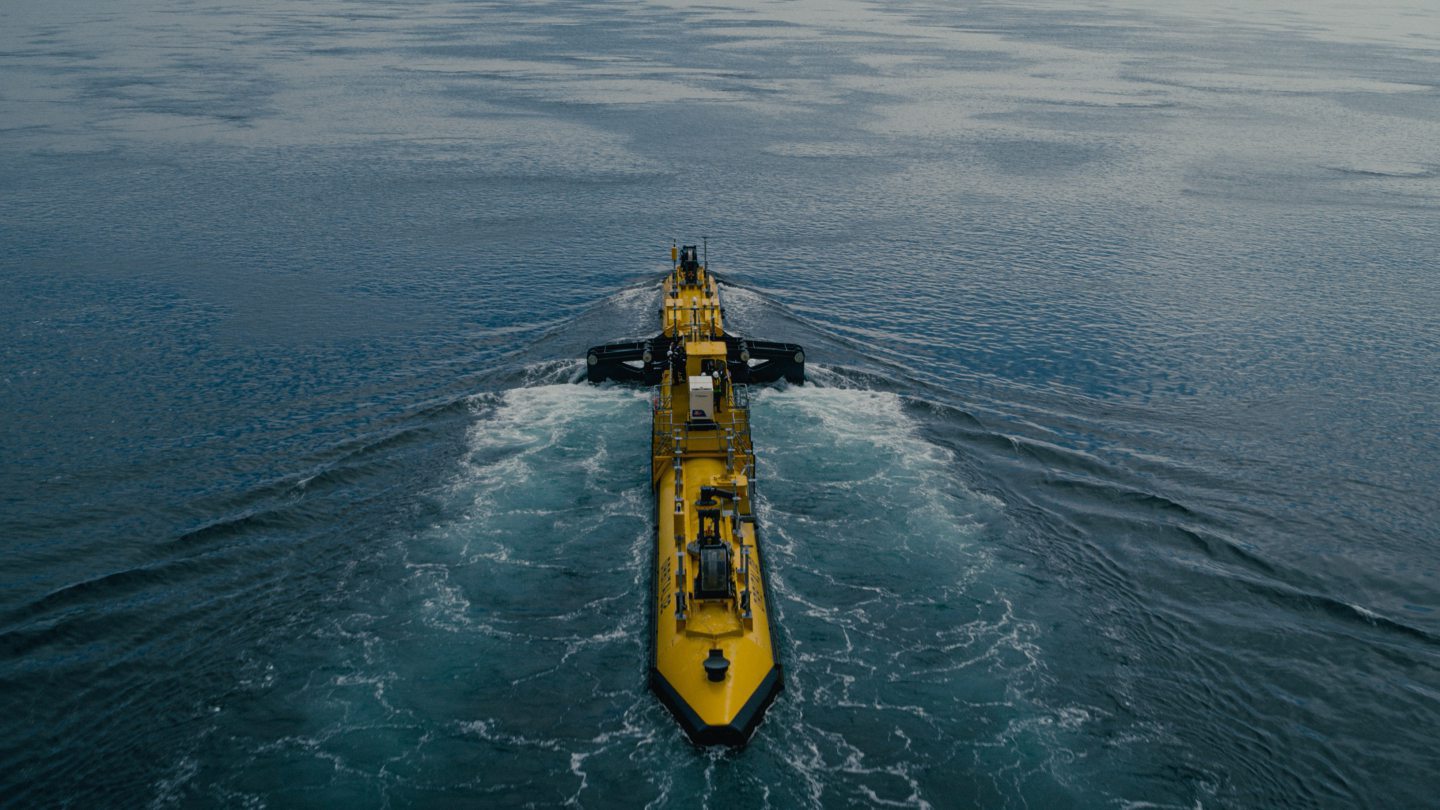 © Supplied by Orbital Marine Power
© Supplied by Orbital Marine Power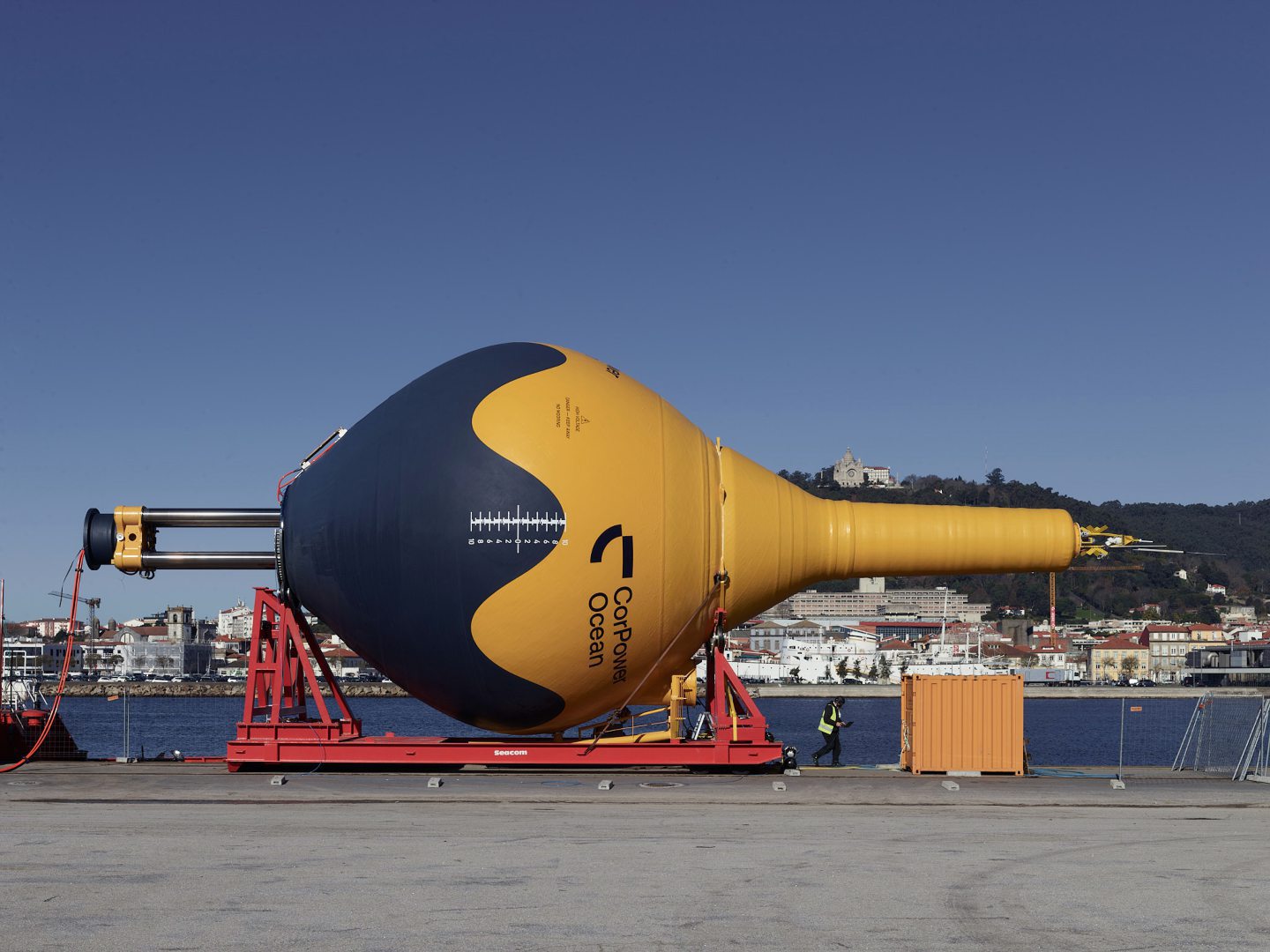 © Supplied by CorPower
© Supplied by CorPower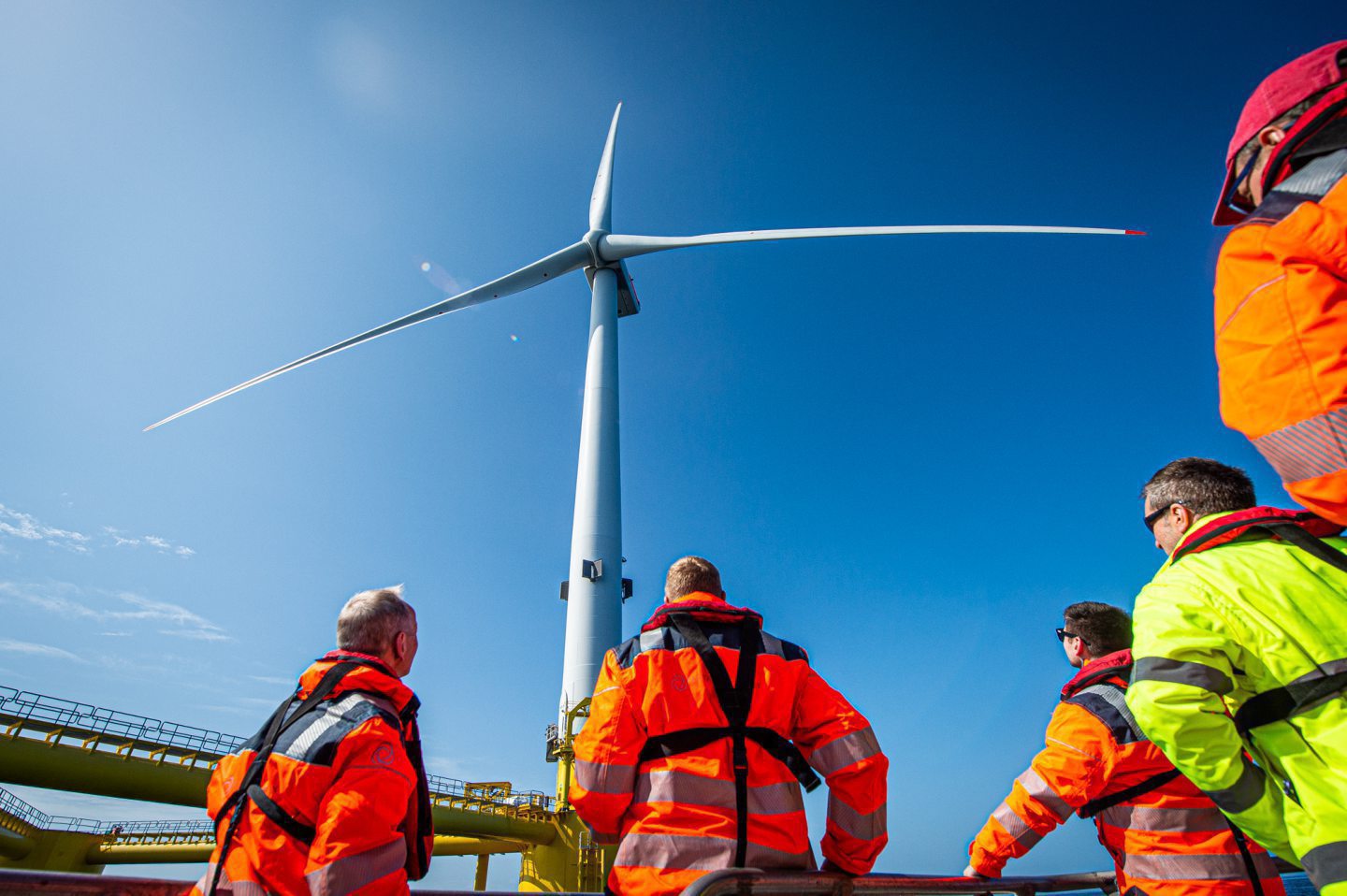 © Supplied by Wullie Marr/ DCT
© Supplied by Wullie Marr/ DCT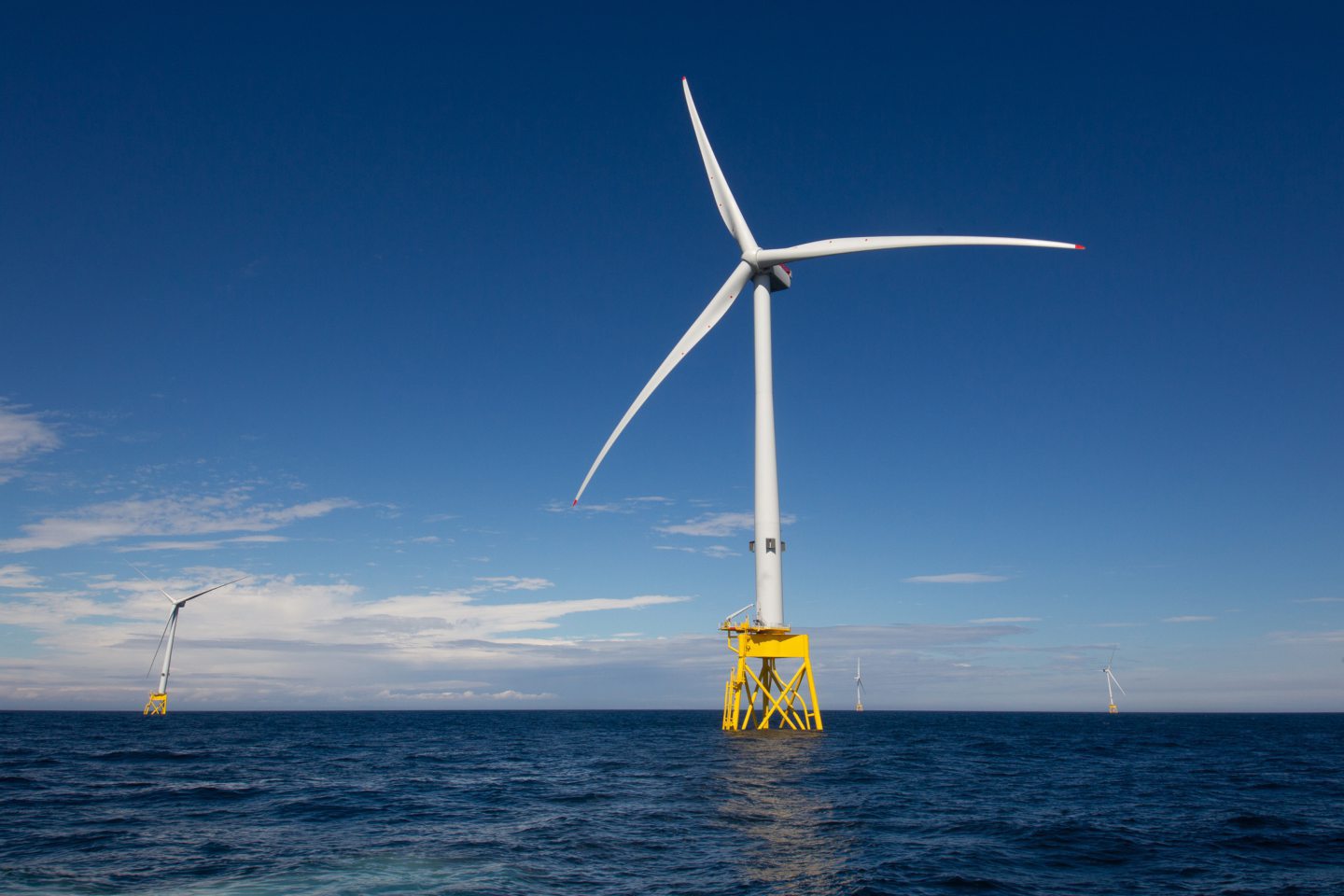 © Supplied by SSE Renewables
© Supplied by SSE Renewables